Blog
Mike Miller's Roofing & Siding
• Licensed and Bonded
• Free Estimates
• Financing Options Available
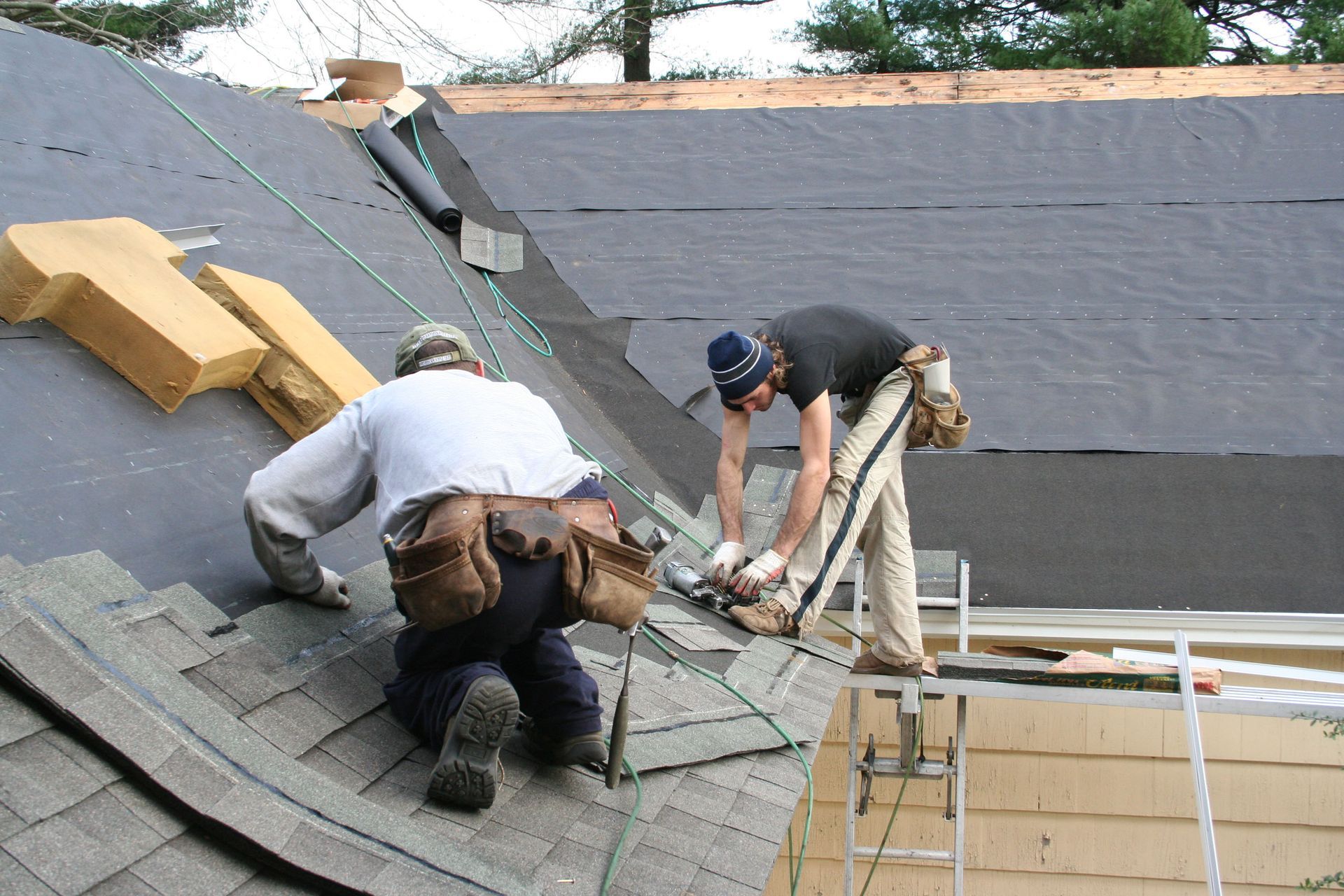
Planning is one of the most crucial parts of any home improvement project—especially when working with roofing companies. A roofing project is a major investment that affects your home’s safety, comfort, and long-term value. Proper planning helps you avoid the stress of last-minute surprises, keeps the process organized, and ensures you receive top-quality results. Whether you’re replacing a worn-out roof, addressing storm damage, or upgrading your home’s exterior, preparation and communication are key. When homeowners rush into hiring a contractor without adequate research or planning, they often face unexpected expenses, delays, or unsatisfactory results. Taking the time to outline your goals, understand the process, and collaborate closely with your contractor can make a dramatic difference in your experience. By following these steps, you can enjoy peace of mind knowing your investment is in capable hands. 1. Research and Choose the Right Roofing Partner The foundation of any successful roofing project begins with choosing a trustworthy contractor. Reputable roofing companies should be licensed, insured, and transparent about their qualifications. Ask to see proof of insurance and verify that both liability and workers’ compensation policies are active. Doing so protects you from potential financial responsibility if an accident occurs on your property. Beyond credentials, reputation is another vital factor. Reading customer reviews and testimonials on trusted platforms such as Google, Yelp, and the Better Business Bureau gives you an honest look at previous clients’ experiences. Look for consistency in reviews—positive patterns in punctuality, professionalism, and workmanship typically indicate a reliable business. On the other hand, recurring complaints about missed deadlines or poor communication can be warning signs to avoid. It’s wise to compare several quotes before deciding. Evaluating multiple bids helps you gauge fair pricing and understand differences in materials or proposed timelines. Avoid choosing solely based on the lowest price; a deal that seems too good to be true often compromises quality or longevity. Lastly, take note of how each company communicates—prompt, respectful, and knowledgeable responses are hallmarks of trustworthy professionals who value their customers. 2. Define Your Roofing Project Goals and Budget Once you’ve found a few roofing companies that meet your expectations, the next step is to clearly define your project goals. Assess your current roof’s condition by identifying areas of wear, leaks, or visible damage. Determine whether a complete replacement or targeted repairs best suit your needs. Defining your goals in detail ensures that the contractor understands your vision and can tailor their proposal accordingly. Establishing a realistic budget is equally important. Roofing projects involve more than just material and labor costs—they may also include permit fees, equipment rentals, and unforeseen repairs. Discuss potential cost-saving options with your contractor, but never sacrifice quality to cut expenses. Transparent conversations about pricing and payment schedules help prevent misunderstandings later. Homeowners today can choose from a variety of materials, including asphalt shingles, metal, tile, or slate. Each option offers distinct benefits in terms of lifespan, maintenance, and appearance. Energy-efficient materials can even reduce long-term costs. According to This Old House, green roofs can lower roof surface temperatures by up to 68 degrees Fahrenheit during the summer, offering both comfort and energy savings. Discuss eco-friendly choices like cool roofs or solar shingles with your contractor to determine what fits your budget and climate. Finally, establish a project timeline that accommodates both your schedule and the contractor’s availability. A clear timeline ensures coordination, helps manage expectations, and keeps your roofing project on track. 3. Understand the Roofing Process Once your plan and contract are finalized, it’s important to understand each phase of the roofing process. The project typically begins with an inspection and consultation, during which your contractor evaluates your roof’s current state and identifies the best materials and approach. This stage sets the foundation for the entire project. Before any work begins, carefully review the written contract. Ensure it details the payment structure, warranty coverage, estimated timeline, and the full scope of work. A comprehensive contract protects both you and the roofing company by establishing clear expectations. During installation, you can expect several stages, including removing the old roof, preparing the decking, and installing new materials. Quality-focused roofing companies will take measures to safeguard landscaping and clean up debris daily to maintain a tidy workspace. As the project progresses, don’t hesitate to ask questions. Regular communication can clarify uncertainties and address potential issues before they escalate. Once installation is complete, most contractors conduct quality assurance checks to confirm their work meets safety and performance standards. A final walkthrough allows you to review the finished roof, ask final questions, and confirm your satisfaction before signing off on completion. 4. Maintain Consistent Communication Throughout the Project Clear communication is the glue that holds a roofing project together. Establishing open channels of communication early on promotes transparency and trust. Determine how you prefer to receive updates—via phone, email, or text—and agree on how often progress reports will be shared. Many homeowners appreciate receiving photos and written updates during key milestones to monitor progress. Leveraging technology can make this process even more efficient. Project management apps, video calls, and shared folders enable homeowners to stay informed from anywhere. Proactive, consistent communication fosters collaboration, ensures accountability, and builds confidence that the work will be completed as promised. 5. Prepare Your Home and Property for Construction Before the first day of installation, take practical steps to prepare your home. Inside, cover furniture and electronics to protect them from dust or debris. Vibrations during construction may shift fragile items, so it’s best to store valuables and breakables in safe locations. Outdoors, clear driveways, walkways, and patio areas to give workers easy access to the roof. If possible, move vehicles away from the house to prevent accidental damage from falling materials. Designate specific areas for material delivery and tool storage to help the roofing crew stay organized. A well-prepared worksite not only speeds up the project but also enhances safety. Communicate with your neighbors about the upcoming work to minimize inconvenience from noise or debris. If you have children or pets, consider temporary arrangements to keep them comfortable and out of harm’s way. Thoughtful preparation ensures that both your household and the roofing team can operate smoothly and efficiently throughout the project. 6. Review Post-Project Details and Maintenance Once your new roof is installed, the final phase involves reviewing and maintaining the completed work. Conduct a post-installation inspection with your contractor to verify that all tasks meet agreed-upon standards. This walkthrough provides an opportunity to address small details, such as flashing alignment or gutter adjustments, before final payment. Be sure to review the warranty documentation carefully. Most roofing companies offer warranties covering both materials and labor, though terms and durations vary. Clarify how to handle future repairs or warranty claims, and keep your documentation in a safe place. Consistent maintenance is essential for protecting your investment—schedule periodic inspections to detect small issues before they become expensive problems. After completion, take time to evaluate the overall project outcome against your original goals. Consider factors like design, durability, and whether the finished product meets your expectations. Providing feedback online not only supports honest contractors but also helps other homeowners make informed decisions. If follow-up repairs or touch-ups are necessary, contact your roofing company promptly. Quick responses to maintenance needs will help preserve your warranty and extend your roof’s lifespan. A successful roofing project requires thoughtful planning, open communication, and collaboration with reputable roofing companies . From researching contractors and setting a budget to preparing your property and conducting final inspections, each step contributes to the long-term durability and beauty of your roof. When approached with care and preparation, roofing doesn’t have to be stressful—it can be a smooth, rewarding experience that enhances your home’s safety, efficiency, and curb appeal. For dependable craftsmanship and honest, professional service, trust the experienced team at Mike Miller’s Roofing & Siding to bring your roofing vision to life.





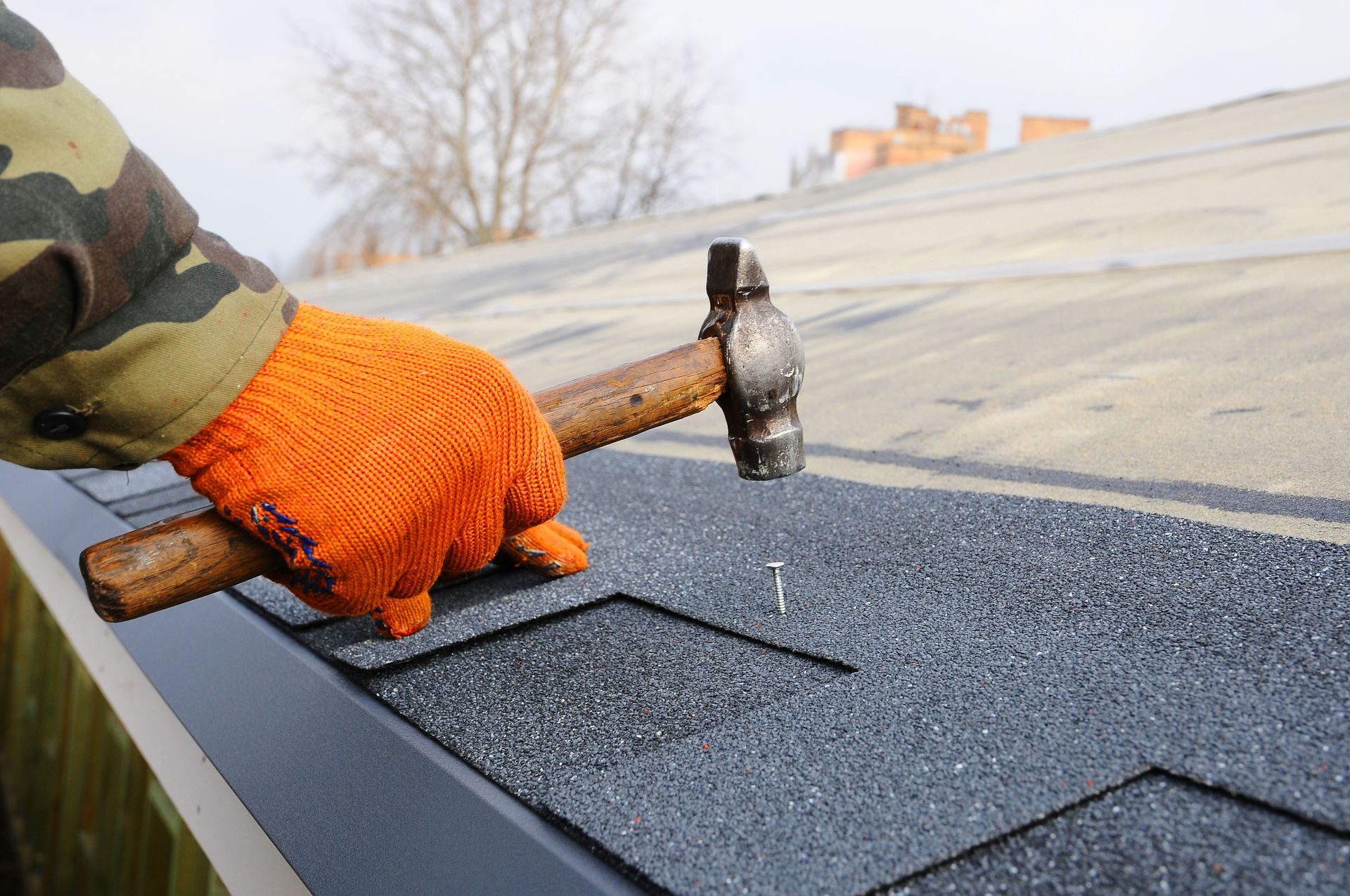
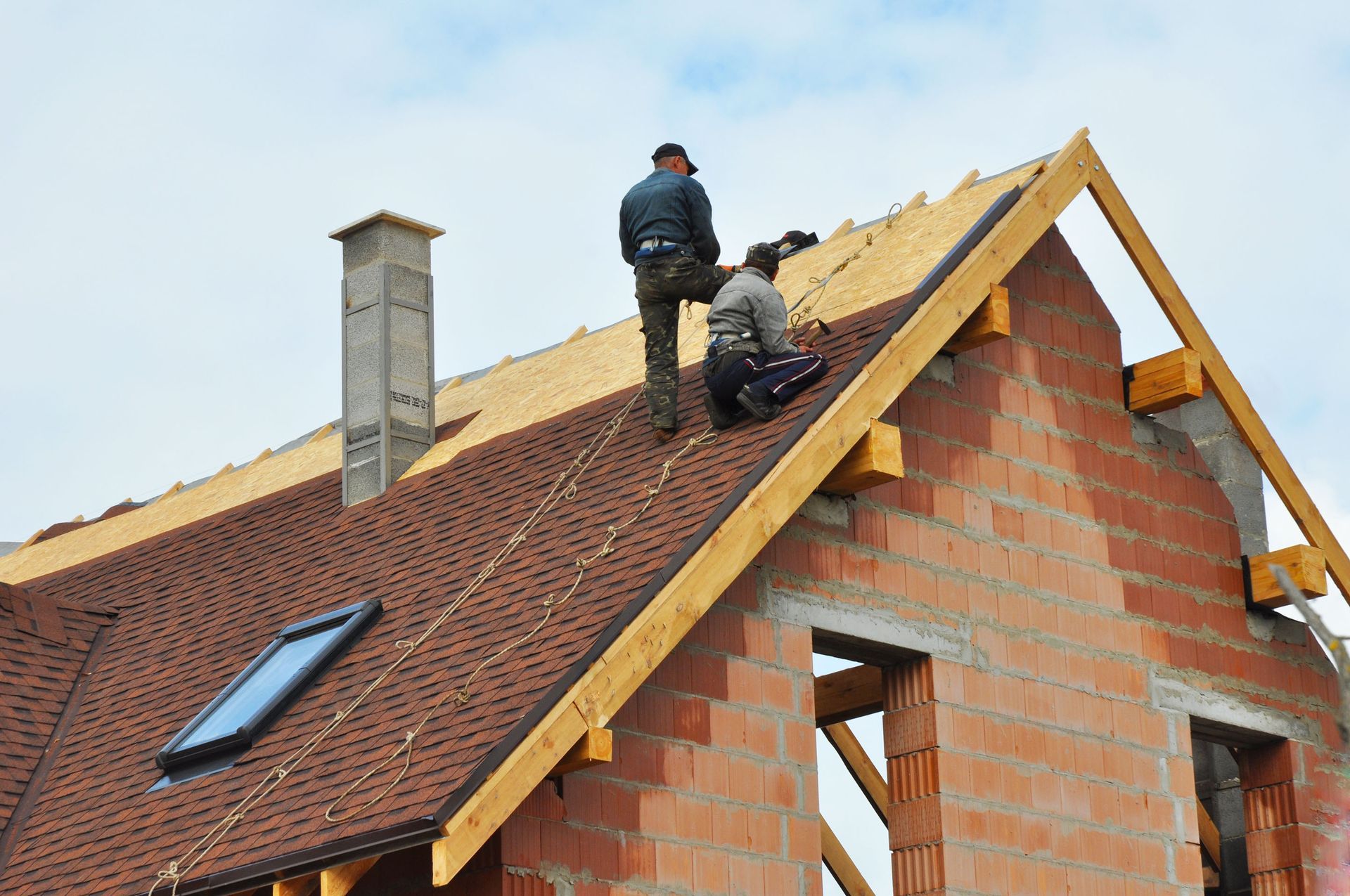
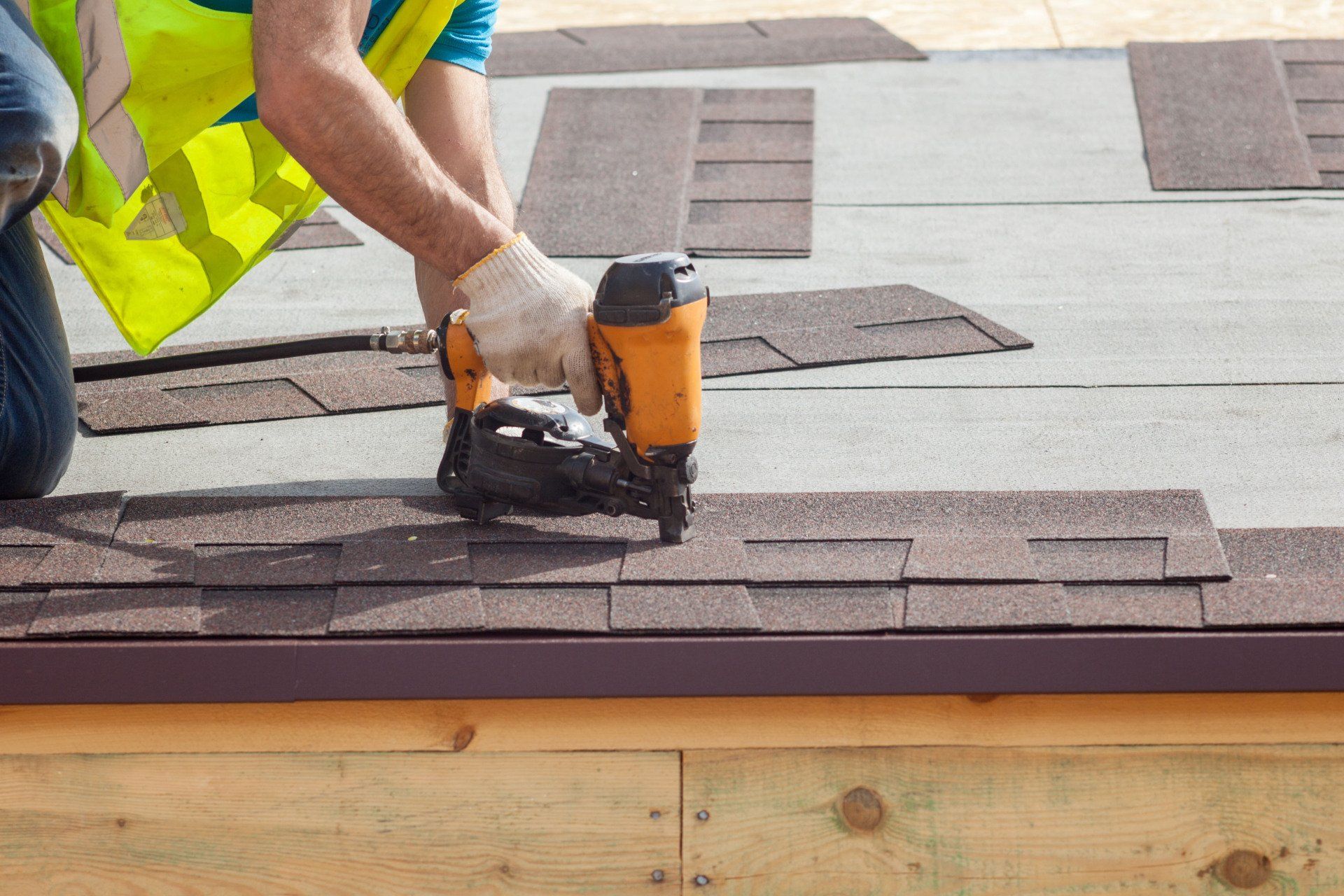
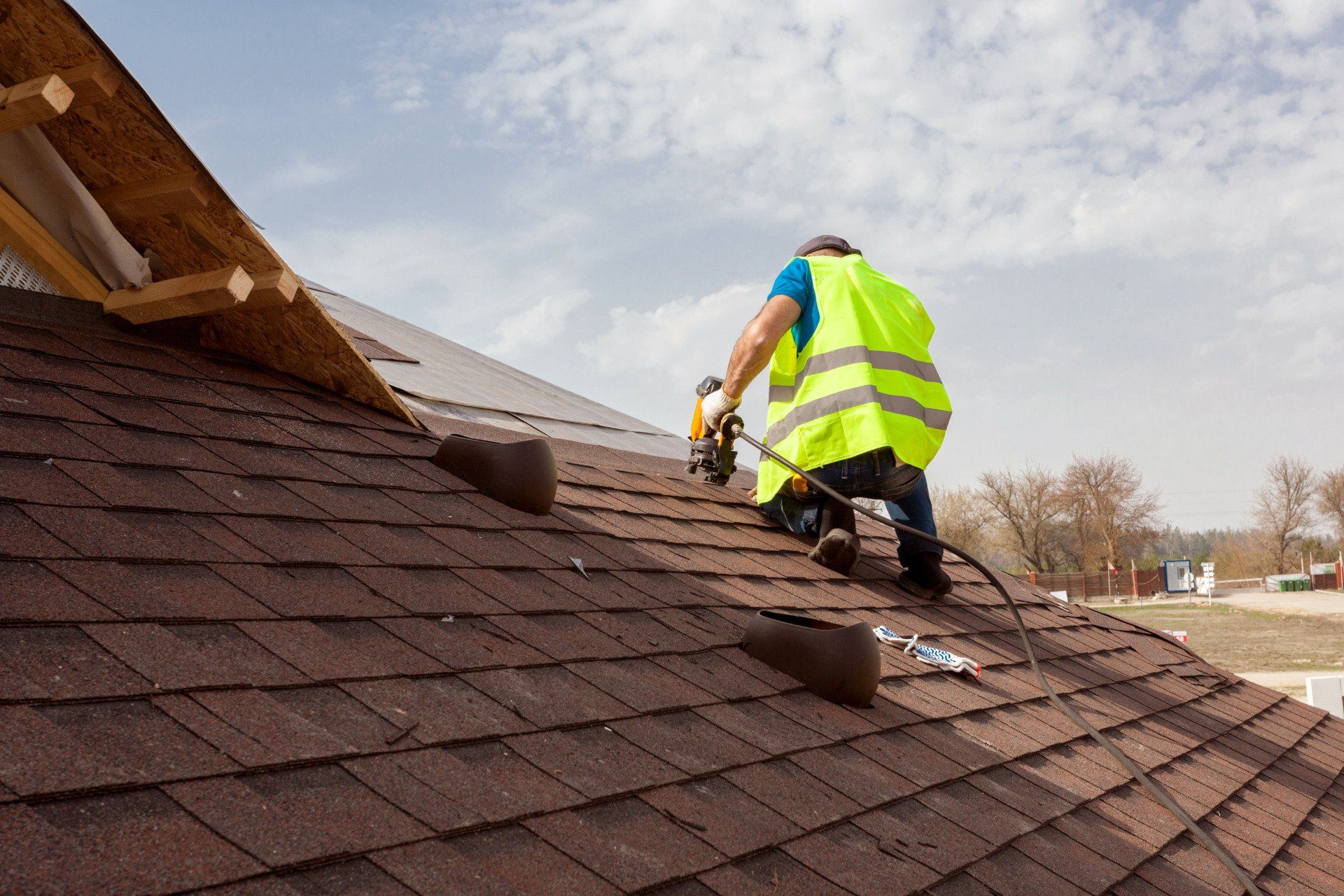
Share On: